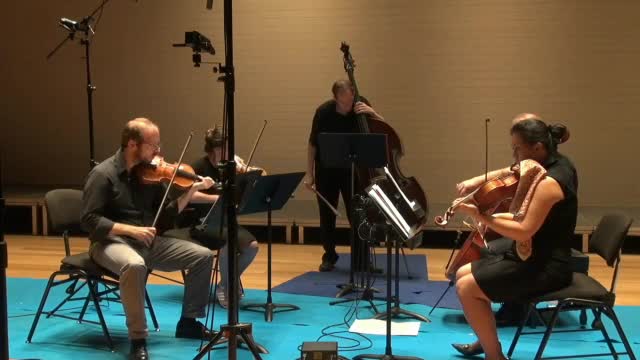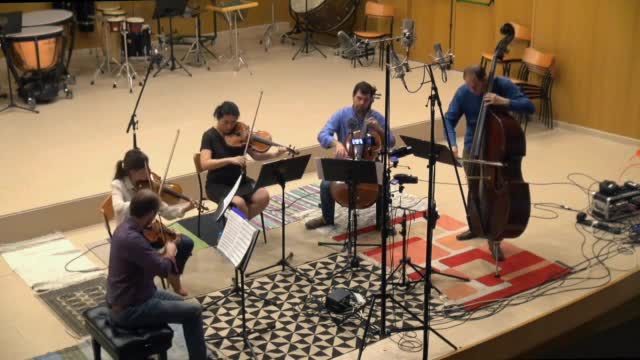Born in Clermont-Ferrand (west of Lyon) to a French mother and an English father, Georges Onslow was a gentleman composer and performer who was highly regarded for his musical talents in France, Germany and beyond during his lifetime. His father Edward (1758–1829), had been forced into quiet exile to France in 1781, having been part of a homosexual scandal—but within two years of arriving, he had married Marie-Rosalie de Bourdeilles de Brantôme and the couple were to have four children, of whom Georges was the eldest. Although the family remained in Clermont-Ferrand, the subsequent reconciliation between Edward and his family was to make it possible for Georges and his siblings to travel to England, and this only served to advance his musical ambitions. He visited London to study piano with several noted teachers, including Jan Ladislav Dussek (1760–1812) and Johann Baptist Cramer (1771–1858), and subsequently took lessons in composition with Anton Reicha (1770–1836) in Paris—a man who counted Beethoven, Salieri and Haydn among his friends and acquaintances. As Onslow developed a particular interest in writing for string chamber ensembles, he also learned the cello in order to be able to make music with friends.
Although he was an amateur (or rather, a ‘gentleman’) musician—in that he did not need to write and perform for a living, because of his noble heritage—Onslow was both highly accomplished and respected by many of his professional contemporaries. Both Berlioz and Schumann praised his works, with Schumann frequently mentioning him in the same breath as Mendelssohn as one of the successors to the string chamber legacy of Haydn, Mozart and Beethoven. Onslow composed 36 string quartets, 34 string quintets, four symphonies, four operas, a number of songs, piano pieces, and a variety of other chamber works including sonatas, piano trios and wind ensembles. Much of this music was published during his lifetime, and three of the four operas were staged in Paris at the Opéra Comique. Whilst his connections and wealth must have made such feats a little easier (since he had no need to pander to public taste), the continuing popularity of his music and number of posthumous publications suggests that Onslow’s creative work was well admired by the musical world at large. Indeed, he was elected to the Académie des Beaux-Arts, granted honorary membership of the London Philharmonic Society, and was particularly popular in German-speaking lands, with his works featuring in several major German music festivals.
| Title | |
| ONSLOW, G.: String Quintet No. 10: III. Menuetto (Elan Quintet) (from Naxos 8.573689) | |

|
ONSLOW, G.: String Quintet No. 10: III. Menuetto (Elan Quintet) (from Naxos 8.573689)
Composer:
Onslow, George
Artist:
Elan Quintet
Label/Producer: Naxos Video Footage |
| ONSLOW, G.: String Quintet No. 28: IV. Finale (Elan Quintet) (from Naxos 8.573887) | |

|
ONSLOW, G.: String Quintet No. 28: IV. Finale (Elan Quintet) (from Naxos 8.573887)
Composer:
Onslow, George
Artist:
Elan Quintet
Label/Producer: Naxos Video Footage |
